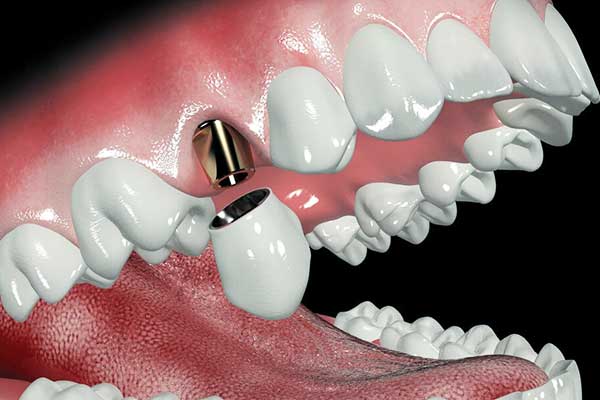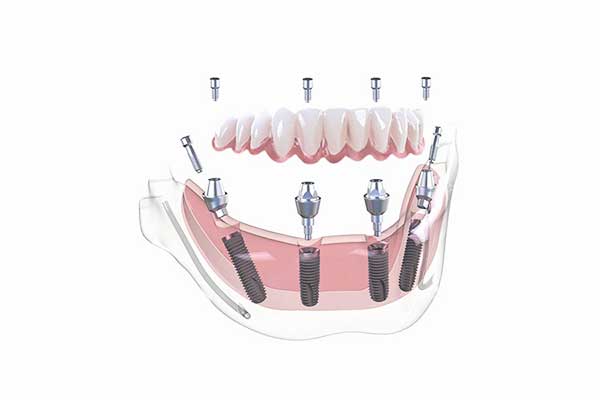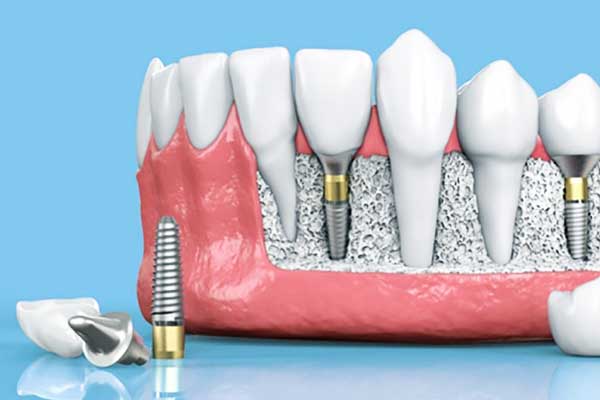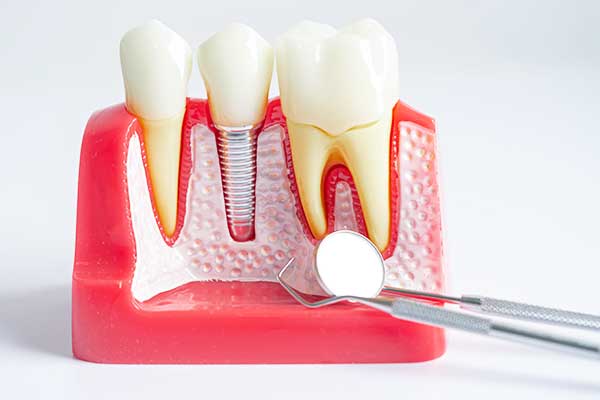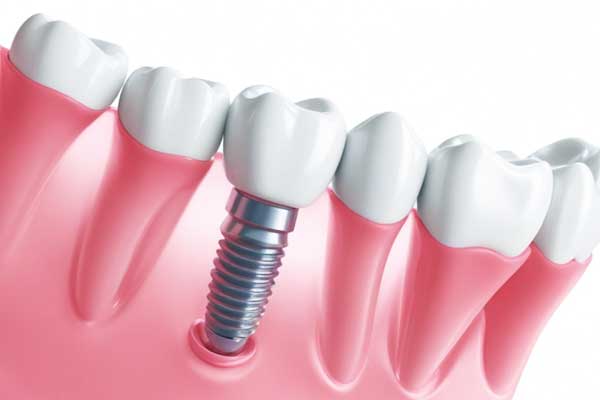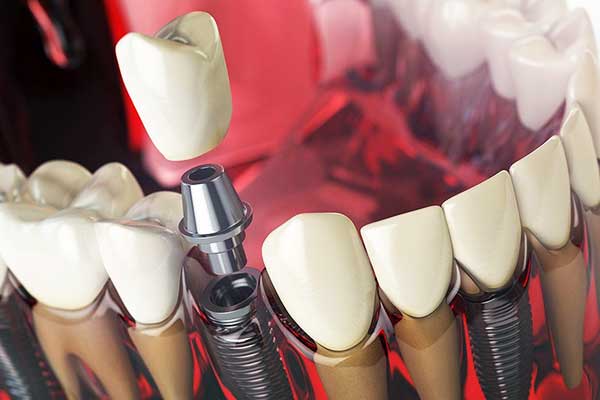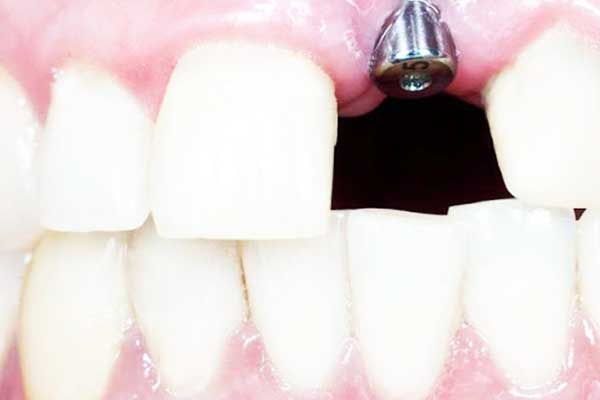The Hidden Risks of Bad Dental Implants: What You Need to Know
7 Risks of Bad Dental Implants: What You Need to Know
Discover the hidden risks of bad dental implants and how to avoid implant failure. Learn the signs, causes, and prevention tips in this comprehensive guide.
Dental implants are hailed as the best solution for missing teeth, offering the closest alternative to natural teeth. But what happens when they go wrong? Dental implants can fail, sometimes with disastrous consequences for your oral health and peace of mind.
This article delves into the causes, signs, and preventive measures for bad dental implants to ensure you avoid these costly mistakes.
- Are you looking for the best doctor and the ideal clinic in Turkey?
- Discover a price package tailored to fit your budget.
Get personalized treatment price offers in Turkey right now!
What Are Bad Dental Implants?
A bad dental implant isn’t necessarily one that’s placed poorly but one that doesn’t integrate properly with the jawbone or results in complications that affect your oral health.
Despite the high success rates of implants, which range from 90% to 95%, the remaining cases can cause severe discomfort, infection, and even more complex dental issues.
But how does one know when something’s wrong? Let’s dive into the key indicators.
Signs of Dental Implant Failure
- Persistent Pain: It’s normal to experience some discomfort after implant surgery, but pain that doesn’t subside or gets worse could indicate something is wrong.
- Loose Implant: If the implant starts to shift, it could mean that the bone hasn’t integrated with the implant properly.
- Swollen Gums: Swelling or inflammation that persists long after surgery may signal infection or other complications.
- Bad Breath: If you notice persistent bad breath, it could be a sign of infection around the implant site.
Identifying these signs early can save you a lot of pain and money down the line.
Causes of Bad Dental Implants
Dental implant failure doesn’t happen in a vacuum. Several factors can contribute to an implant turning from a solution to a problem:
Patient-Related Factors
- Poor Oral Hygiene: After surgery, maintaining impeccable oral hygiene is crucial. Neglecting to brush or floss can cause infections, leading to implant failure.
- Smoking: Smoking decreases blood flow, which affects healing. Smokers have a much higher risk of implant failure.
- Gum Disease: Patients with a history of gum disease are more likely to experience implant failure because their gums may not support the implant well.
- Teeth Grinding (Bruxism): Grinding your teeth can place too much pressure on the implant, leading to micromovements and eventual failure.
Surgeon-Related Factors
Not all dental implant failures are the patient’s fault. Sometimes the problem lies with the surgeon:
- Poor Placement: If the implant is not placed correctly, it won’t integrate properly with the jawbone.
- Improper Planning: A lack of proper evaluation, such as missing details about bone density or oral health, can result in failure.
- Sterilization Issues: Using unsterilized tools can introduce bacteria, leading to infection.
These surgeon-related factors underline the importance of choosing a highly skilled professional for your implant procedure.
Prevention: How to Avoid Bad Dental Implants
Fortunately, there are several ways to avoid dental implant failure. Here’s how you can take charge of your dental health:
Pre-Surgery Tips
- Choose an Experienced Surgeon: The experience of your dental surgeon plays a massive role in the success of your implants. Ask about their experience and success rates with similar procedures.
- Health Evaluation: Ensure that your oral health and overall health are in good shape before undergoing the surgery. Conditions like uncontrolled diabetes or osteoporosis can increase the risk of failure.
Post-Surgery Care
- Maintain Excellent Oral Hygiene: Brush twice a day, floss regularly, and use mouthwash to avoid infections.
- Avoid Smoking and Drinking: These habits can delay healing and increase the risk of infection and implant rejection.
- Attend Follow-Up Appointments: Regular check-ups allow your dentist to monitor the healing process and catch any early signs of problems.
Treatment Options for Bad Dental Implants
If your dental implant fails, it doesn’t always mean the end of the road. There are several treatment options available:
Implant Removal
The most common solution is to remove the failed implant, allowing your gums and jawbone to heal before attempting another procedure. This could take six months or more.
Bone Grafting
If your implant failed because your jawbone couldn’t support it, a bone graft might be needed. This procedure involves adding bone to the jaw to reinforce it for future implants.
Comparison of Costs and Alternatives
If dental implants fail, they come with significant costs. Not only are you paying for the initial procedure, but any corrective surgeries or replacements can push costs higher.
| Procedure | Cost (Average) | Longevity |
|---|---|---|
| Single Dental Implant | $3,000 – $5,000 | 10-15 years (or more) |
| Dental Bridges | $500 – $1,200 per tooth | 5-10 years |
| Dentures | $1,500 – $3,000 | 5-8 years |
| Implant Replacement Surgery | $2,500 – $4,000 | Depends on healing |
| Bone Graft | $600 – $2,000 | Permanent |
While implants can be a costly initial investment, their long-term success makes them worth considering. However, for those wary of potential failure, alternatives like dental bridges or dentures offer a less permanent but more affordable solution.
In Istanbul, Turkey, we offer top-notch quality with exceptional service. Book your free consultation today and take advantage of our special discount! Your smile deserves the best.
Real Stories: When Dental Implants Go Wrong
Personal stories bring to life the reality of bad dental implants. One patient shared how a failed implant led to multiple corrective surgeries and ongoing discomfort. The issue stemmed from poor placement and an infection that wasn’t caught early.
After a long healing process and a bone graft, the patient was finally able to get a successful implant, but not without months of pain and additional costs.
Final Thoughts: Are Dental Implants Worth the Risk?
Dental implants, when done correctly, can be life-changing. They offer a permanent, natural-looking solution for missing teeth. However, bad dental implants can turn a dream into a nightmare. The key is to prepare, plan, and choose your dental professional wisely. By being informed and proactive, you can avoid the common pitfalls that lead to failure.
Are you looking for the best dental treatment and dental service turkey?
Experience, success experiences, and turkey teeth packages…………………………………….. …..?
Let us help you get healthy, beautiful teeth
External Link
For more detailed information on dental implant procedures and care, you can visit this guide on dental implants Verywell Health.
By adhering to these guidelines, you’ll not only minimize the risk of bad dental implants but also protect your overall oral health. After all, a little prevention is worth a lot of cure!
